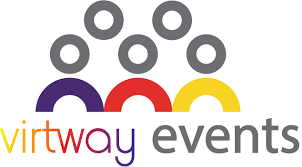
Choose the Right Path Forward
Virtual events span a wide spectrum of options—from webinars to complete event experiences. Each offers its own approach to user experience, features, pricing models, technical support and more.
While the answer to the question ‘what platform is best for you?’ is based on several factors, these are the leading platforms mdg has identified with proven success stories:
VIDEO CONFERENCING
On their own, these platforms are best for single-use, education-based sessions such as conference calls, webinars and product launches.
Livestreamed or recorded sessions can be hosted on your organization’s website or on various social media platforms. In addition, most full-scale, comprehensive event platforms integrate these tools for interactive sessions.
Essential Features of Video Conferencing Platforms
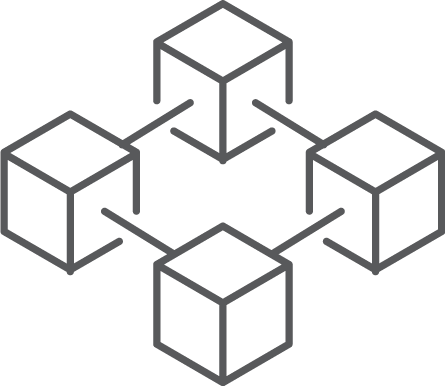
Fundamentals
- Lower costs depending on attendee limits
- Simple scheduling and registration process
- Mobile friendly
- May support attendee analytics

Education
- Livestream capability
- On-demand capability
- Resource downloads

Networking
- Session interaction (chat, Q&A)

Sponsorship
- May support sponsor branding and banner ads
Platforms

VIRTUAL AND HYBRID EVENT PLATFORMS
These platforms offer full-scale, interactive digital experiences that support key elements of event objectives, including audience education, attendee networking and exhibitor engagement. These can be utilized for 100% online events, hybrid, or in some cases, as part of a year-round learning community.
Each platform is slightly different, but can be best understood by the user experience, which mdg has categorized as Modular Content Hubs, Simulated Event Hubs and Immersive 3D Platforms.
Essential Features of Virtual and Hybrid Event Platforms

Fundamentals
- High or no attendee limits
- Mobile friendly
- Utilizes event portal or central landing page
- Integrates with other event platforms
- Offers robust analytics with attendee behavior

Education
- Livestream capability
- On-demand capability
- Resource downloads

Networking
- Session interaction (chat, Q&A)
- Includes focused networking areas, forums and breakouts
- Integrates with social media platforms
- Supports one-on-one attendee interaction and matchmaking

Sponsorship
- Includes exhibit hall, sponsor directory, virtual floor or other focused sponsor areas
- Supports sponsor branding and banner ads
- Supports direct customer meetings
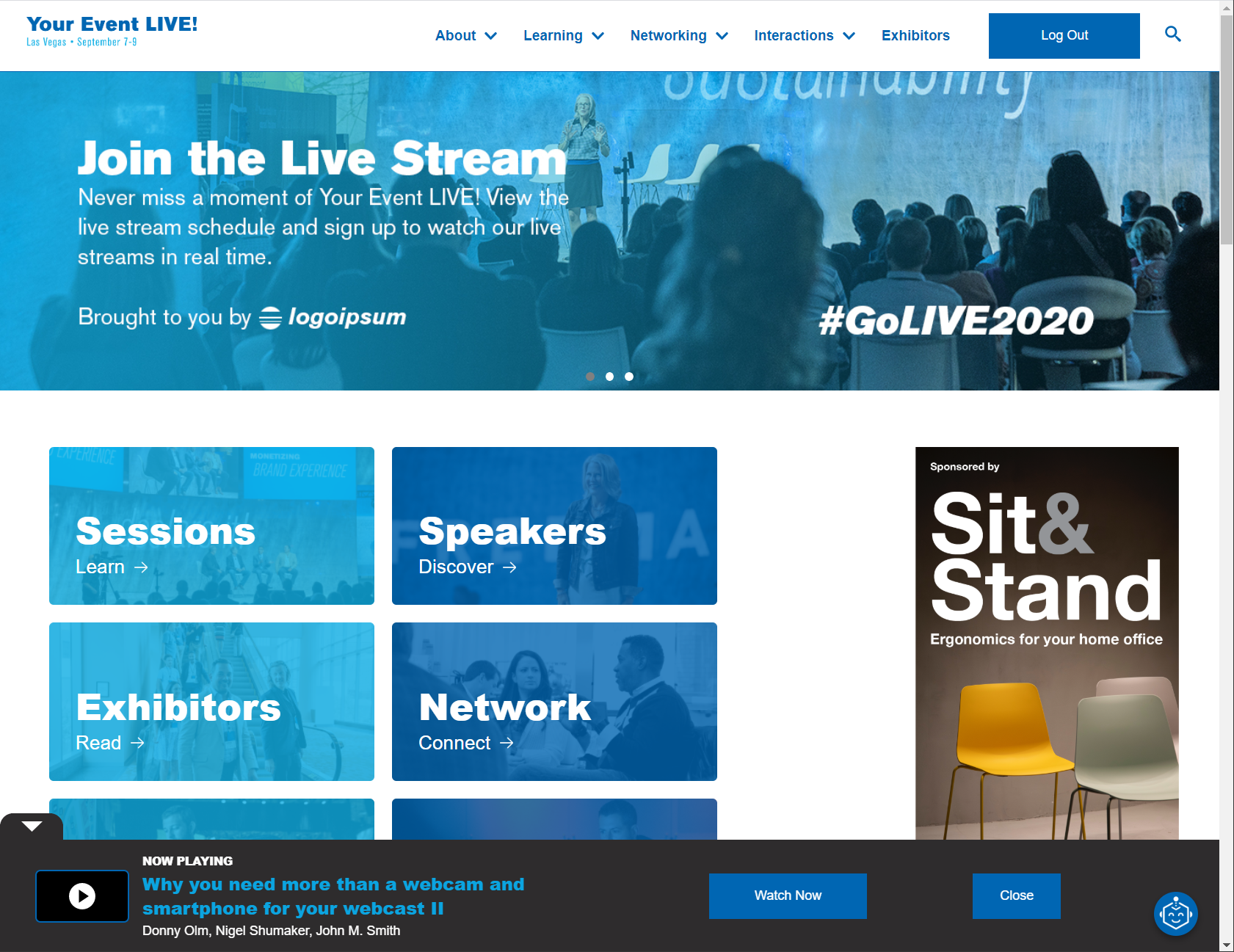
MODULAR CONTENT HUB
Utilizing best practices for user experience and web design, modular content hubs offer a full range of activities within a simplified interface. Smaller than a website and larger than a blog, modular content hubs provide flexible, branded and curated information your audiences seek.
The idea is to replicate an optimal online experience instead of in-person event experiences. Most modular content hubs offer thorough integrations with other event-related applications like registration, video conferencing, social media, e-commerce and more.
Platforms
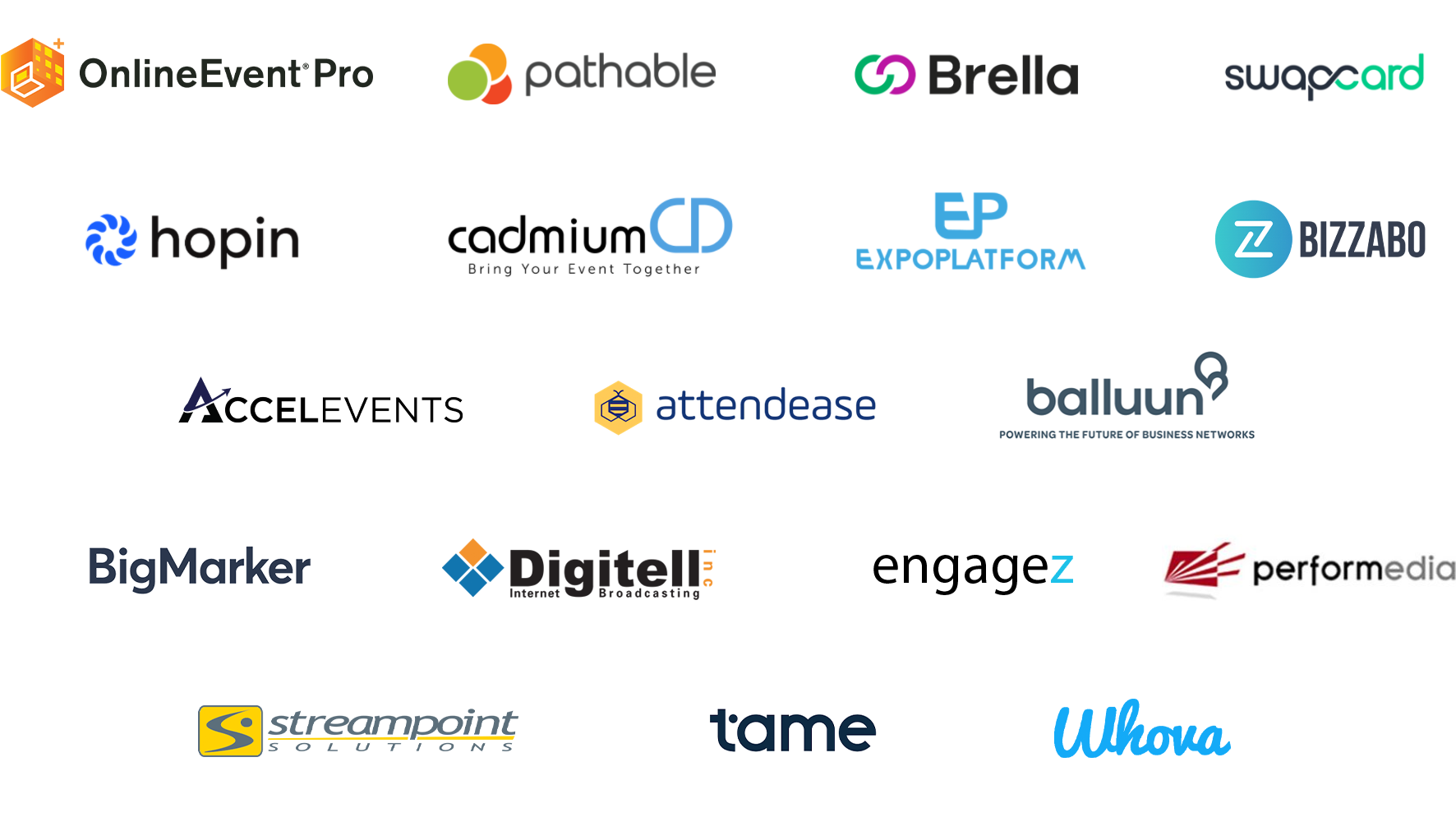
SIMULATED EVENT HUB
The approach of a simulated event hub is similar to a modular content hub in terms of a central portal. Although here, the platform and experience are designed using simulated event locations to make the user feel as much connection to the in-person event as possible.
Prebuilt templates or fully-customized environments are available for lobbies, registration desks, session auditoriums, sponsor booths and more.
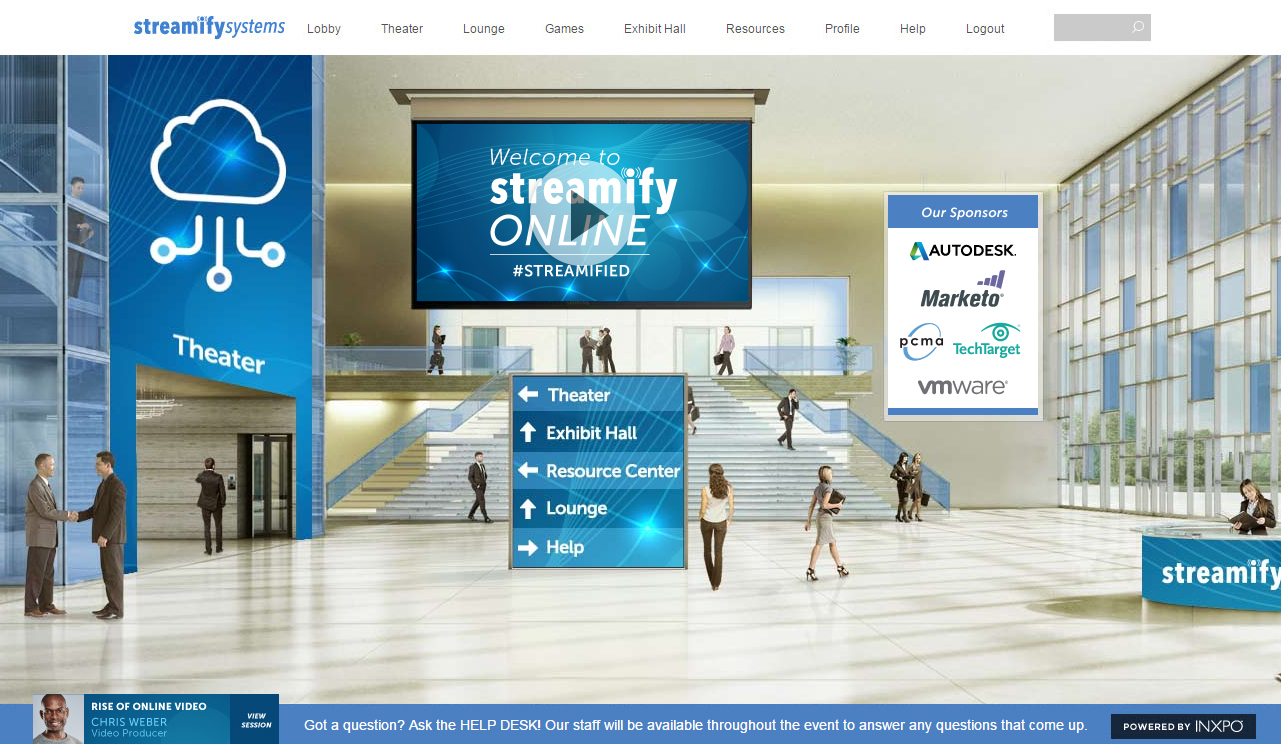
Platforms

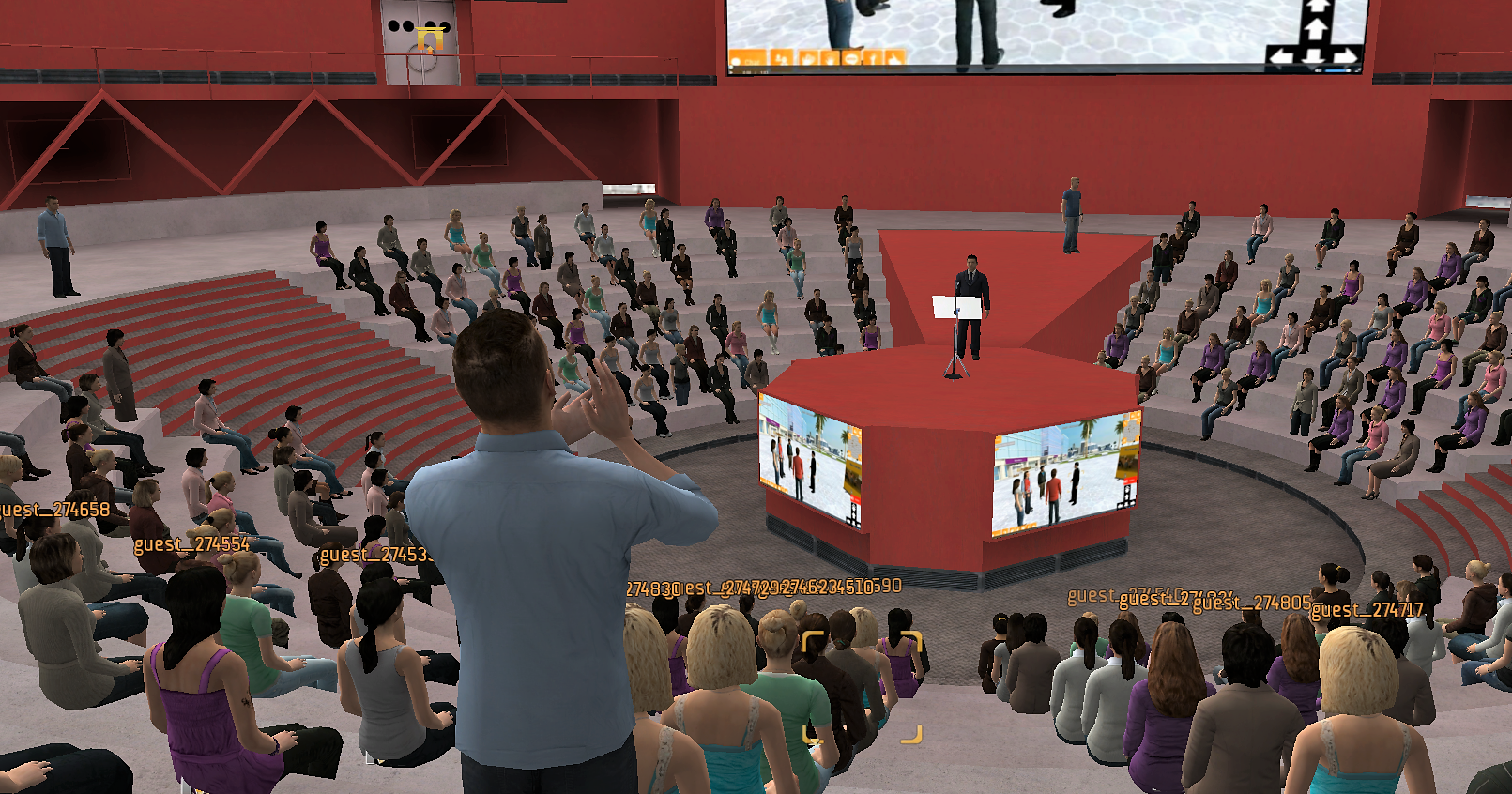
IMMERSIVE 3D PLATFORM
Perhaps the next generation of virtual event engagement, these platforms utilize 3D technology to create an interactive experience where the user has control of an avatar to explore the conference as they would an in-person event.
This game-like technology is new and capable platforms are minimal, but expectations are for it to be a growth area, especially with events with younger audiences.
Platform
